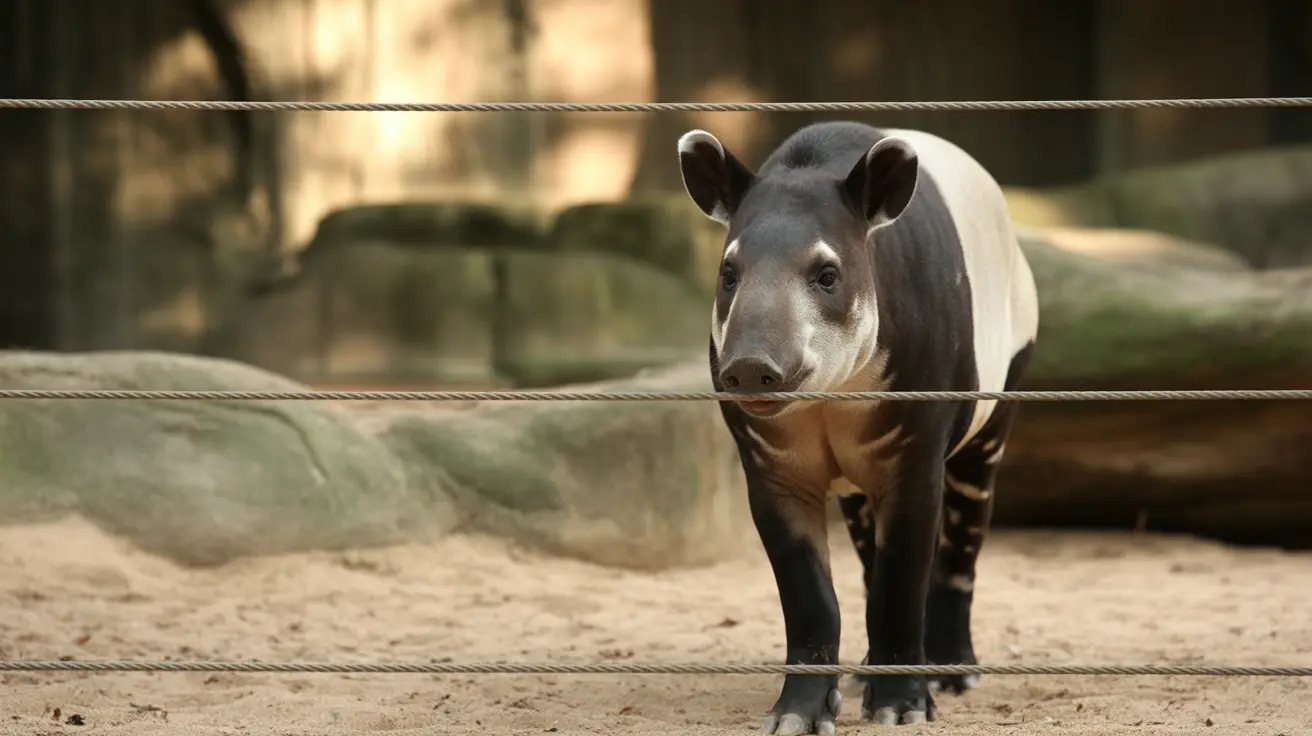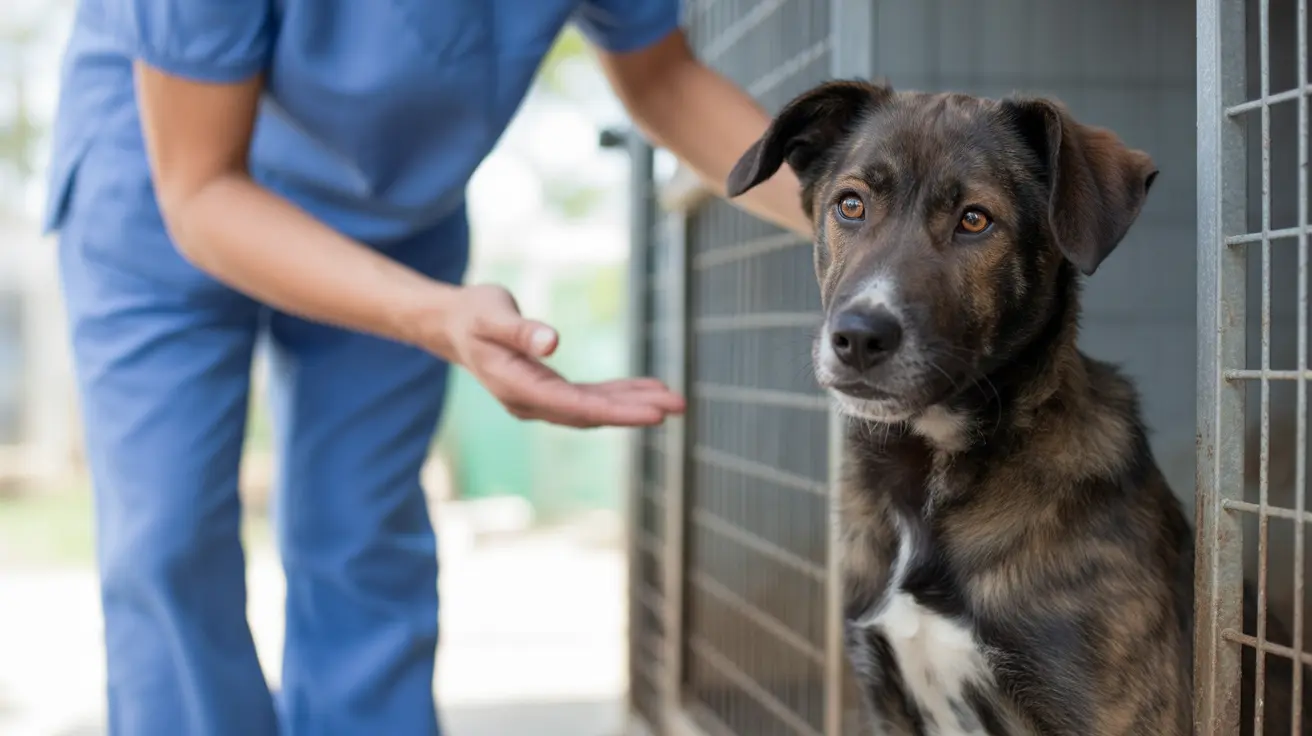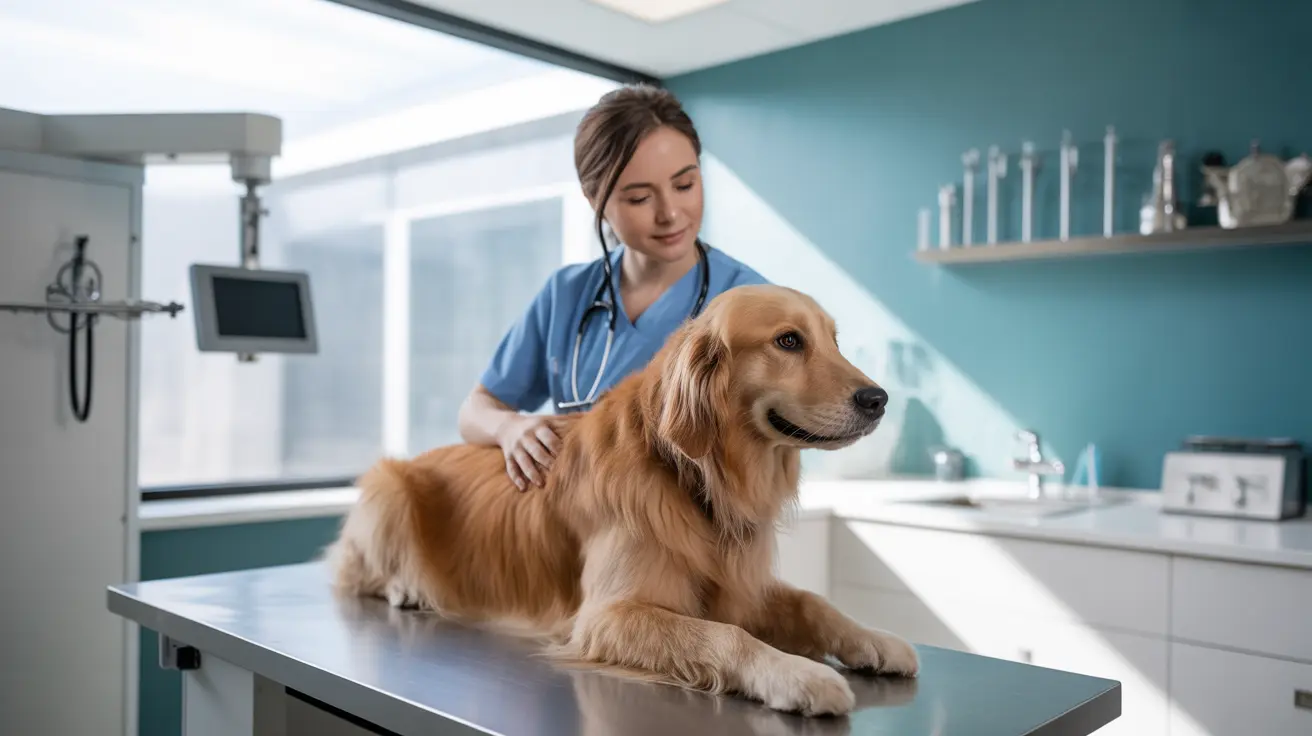Are Great Pyrenees Good Family Dogs?
The Great Pyrenees is a majestic, large breed originally bred as a livestock guardian in the rugged Pyrenees Mountains. With their thick double coat and imposing presence, these dogs are more than just beautiful — they're known for their calm, gentle temperament and deep devotion to those they love.
Temperament and Family Life
Great Pyrenees are confident, patient, and affectionate with their families. You'll find them loyal and loving to those they know well. Their independent streak comes from centuries of working alone to protect flocks; this means they're sometimes described as stubborn or strong-willed. While they're naturally protective and alert (don't be surprised by their deep bark at anything unusual), they're usually reserved with strangers but warm up to familiar faces.
For families, especially those with older children who understand how to interact respectfully with dogs, the Great Pyrenees can be an outstanding companion. Their size and strength mean supervision is crucial around small children — not because of aggression, but simply because a playful bump from such a large dog can knock over a toddler.
- Loyalty: They bond closely with family members.
- Protective Instincts: Naturally watchful over both people and other pets.
- Affectionate: Enjoys being close to loved ones.
Compatibility With Other Pets
This breed generally gets along well with other pets, including cats and other dogs, especially if they've been socialized from a young age. Their guarding instincts often extend to all household animals, making them reliable protectors of the entire pack.
Training and Socialization Needs
If you're considering a Great Pyrenees as a family dog, patience is key. Early socialization helps them become well-mannered companions. They respond best to consistent training using positive reinforcement — harsh methods won't work with these independent thinkers. Obedience training can be challenging since Pyrs like making decisions for themselves; don't expect instant compliance with every command.
- Start socialization early (puppyhood is best).
- Use positive reinforcement techniques.
- Be consistent but patient — progress may be slow but steady.
Lifestyle Considerations
The Great Pyrenees doesn't require an active lifestyle; moderate daily exercise like walks or time in a secure yard is enough. They're calm indoors but enjoy spending time outdoors (routine matters to them). However, they have a tendency to roam due to their guarding heritage — secure fencing is essential if you have outdoor space.
Barking is another trait you'll need to consider. Pyrs are known for sounding the alarm at night or whenever something seems amiss. This habit can be problematic in urban or suburban environments where noise sensitivity is higher.
Grooming and Care
Their weather-resistant double coat sheds heavily during seasonal changes, so weekly brushing helps manage the fur tumbleweeds and keeps their coat healthy. The outer coat resists dirt and tangles fairly well, but regular nail trimming, ear cleaning, and dental care shouldn't be neglected.
- Sheds heavily seasonally
- Weekly brushing required
Health Concerns
The breed's most common health issues include hip and elbow dysplasia, patellar luxation, entropion (inward-turning eyelids), cataracts, bloat (gastric dilatation-volvulus), some neurological problems, and occasional allergies. Responsible breeding practices help reduce inherited risks; regular veterinary checkups are important for early detection of issues like bloat (which requires immediate attention).
- Avoid vigorous exercise around mealtimes to help prevent bloat.
Nutritional Needs
Pyrs don't need as much food as other breeds their size — maintaining a healthy weight supports joint health. Feeding two or three smaller meals daily is recommended instead of one large meal.
The Ideal Home for a Great Pyrenees
This breed thrives in homes that appreciate its independence, natural guarding instincts, and relatively low exercise requirements. They're not ideal for first-time dog owners due to their size and willfulness but reward experienced families with unwavering devotion and protection when given proper training and care.





